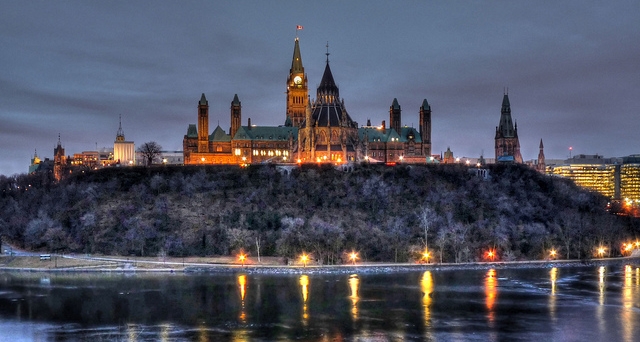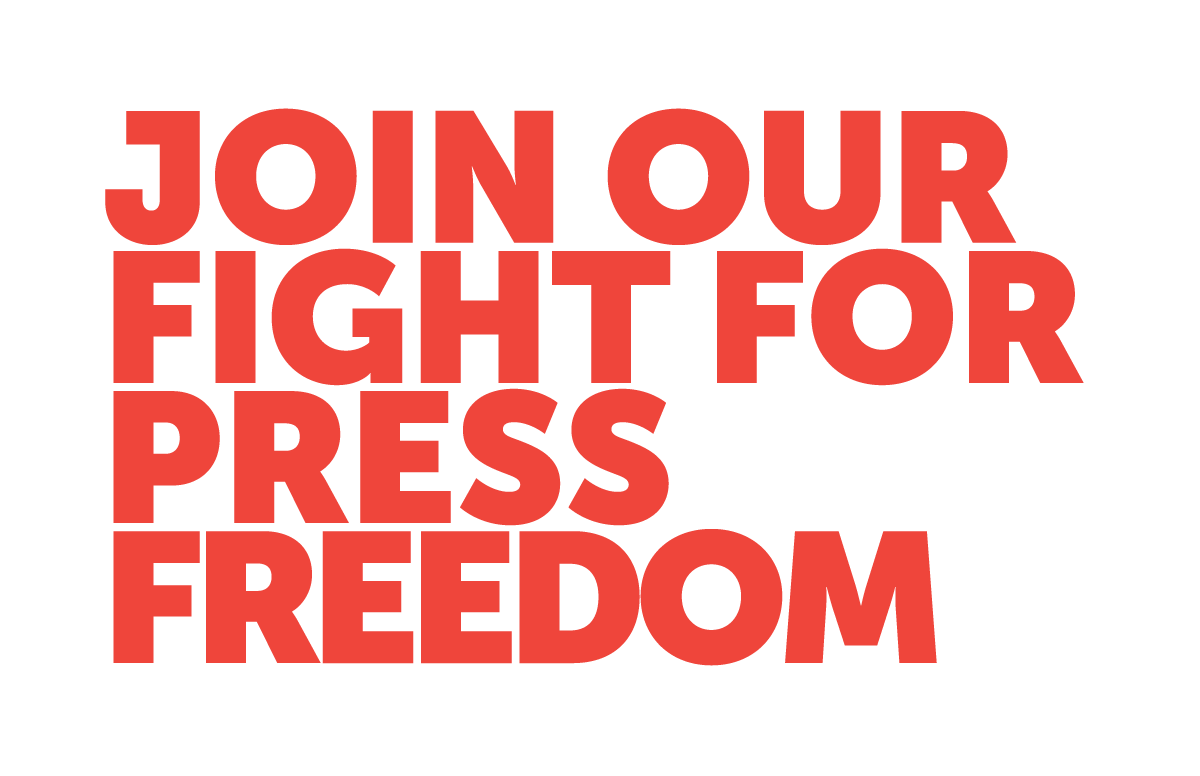"The lobbyist" and "the lobby" are terms we often hear in political discourse and in the media.
I don't know how many times I have listened to, or been involved in, a conversation around a hot-button issue that has ended in something like: "Well, it all doesn't really matter because the lobbyists will just end up getting what they want anyways."[view:in_this_series=block_1]
This floating, nondescript spectre of "The Lobbyist" has served the lobby industry well, because the last thing a lobbyist wants is to have their name public. Better to remain an unknowable entity than, as Donald Rumsfeld put it, be a "known-known."
But once you realize a lobbyist is just another person out there in the world trying to make a paycheck, the abstract idea of lobbying becomes more understandable and relatable.
It also becomes much more easy to keep in check.
Take for instance this lobbyist for TransCanada pipelines, Phil von Finckenstein of PVF Consulting.
I found Mr. von Finckenstein by doing a search of Canada's Registry of Lobbyists, where anyone defined as a lobbyist by law must register their name, the corporation(s) they represent, who they have communicated to within government and on what issues.
Mr. von Finckenstein's most recent lobbying report in the Canadian lobby registry looks like this:
As the lobby registry shows, von Finckenstein lobbied on behalf of TransCanada in its efforts to construct the recently cancelled Keystone XL pipeline project.
Von Finckenstein also focuses his workday on TransCanada's proposed Energy East pipeline and "discussions regarding the status of the government's overall climate change plan and the approach to future greenhouse gas regulations in respect of quotas that affect the energy and pipeline industries."
A more general search online finds that von Finckenstein is a founding partner in an Ottawa-based lobby (also called "public affairs") firm Maple Leaf Strategies and formerly played senior advisor and communications roles for the office of the Leader of the Opposition from 1994 to 2001.
No doubt Von Fickenstein's seven years as a political staffer during the tumultuous transition of the Reform Party under Preston Manning to the Conservative Party led by Deborah Grey and then Stockwell Day gave him valuable insight into the internal machinations of the Conservative Party that would eventually assume government.
Now I am not picking on von Finckenstein here, but instead I am using his publicly available information to illustrate what a bit of transparency can do to make something daunting and confusing like "lobbyists" much easier to understand.
If von Finckenstein is like most other lobbyists in Ottawa, his work on behalf of TransCanada consists mainly of monitoring government activities related to the company's pipeline projects and then trying to communicate TransCanada's concerns and issues to the appropriate elected officials and government department employees via normal avenues like face-to-face meetings and e-mail.
There are hundreds of people just like von Finckenstein working everyday in Ottawa on behalf of corporations (and, to a much smaller extent, on behalf of non-profits and charities). The lobbyist and the corporations they work for have every right in a free democracy to communicate their concerns to government and try to shape new laws, or reshape old ones, to help increase their profit margins.
It is also the right of a free media and civil society to monitor and report on the activities of corporations and the lobbyists they hire. There is a major lack of disclosure when it comes corporate influence in Canada but lobbyists are required by law to register their activities both provincially and federally.
I propose we research and name these folks far more often, to demystify "the lobby" and show lobbyists are just people trying to make a buck like anyone else.
A much more systematic and sustained effort to put a face on the lobby sector in Ottawa would be a big step forward in maintaining a healthy balance between the influence of corporations and the influence of citizens over the decisions government makes.
With things like the Registry of Lobbyists, government has helped the public scrutinize corporations and the lobbyists they hire, but this is only a first step. As it operates today, the lobby registry is not easily to navigate for the average user. It is also not very well known.
The task of making government data more accessible is often left to civil society and the media but it should also be seen as the responsibility of government itself.
In the next part of my series on the lobby bubble I will lay out some of the things Prime Minister Trudeau can do in the next four years to pop it.
Image: Joisey Showaa on Flickr



